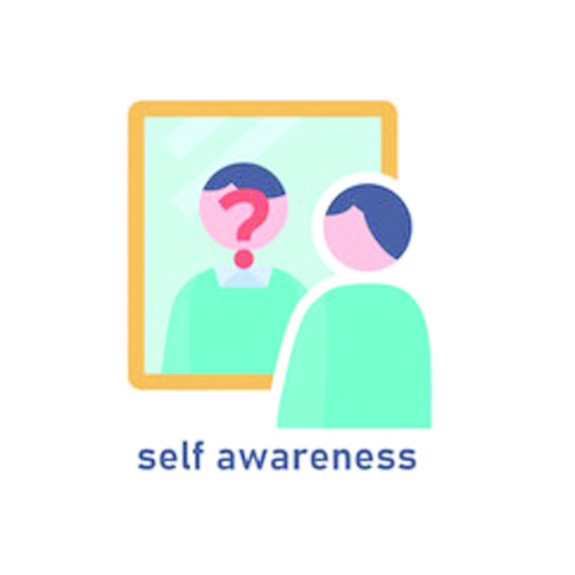

In my last column, I indicated there were two significant components to emotional intelligence (EQ/EI); self-awareness and awareness of others. Today, I want to talk about the two types of self-awareness; cognitive self-awareness (what you are thinking in a given moment) and emotional self-awareness (what you are feeling in a given moment). Are they the same? Not necessarily.
Cognitive self-awareness focuses exclusively on thoughts which can emanate from self – talk. You experience an event almost as if you were taking a video of the event. You then assign it meaning, and formulate inferences and conclusions from that assigned meaning. Unfortunately for many of us, the meaning we assign the event may not be accurate, or may be biased based upon previous experiences. In a rush to come up with an opinion, we confuse an assumption (something we believe to be true but have no evidence) with an inference (a conclusion based on evidence). Bottom line – just because you believe something to be true does not make it true, no matter how strong your belief. That is why I advise others to take a moment and reflect internally (challenge your thinking), before formulating an opinion and climbing what is known as a “ladder of inference.” As you can see, the topic is complex but, the thoughts you assign to an event or person, can contribute directly to your feelings about same.
Emotional self-awareness, focuses on what you are feeling in a given moment and why you may feel that way. Many of us try to deny our feelings, but, as the expression goes, “have your feelings or they will have you.” Having your feelings does not mean acting upon them; it means acknowledging them. How can we have our feelings and not be “hijacked” by them? Why are our feelings so strong? and how can we use cognitive self-awareness to manage them? These topics will be addressed in future columns.






